The white cane: from my adversary to my ally
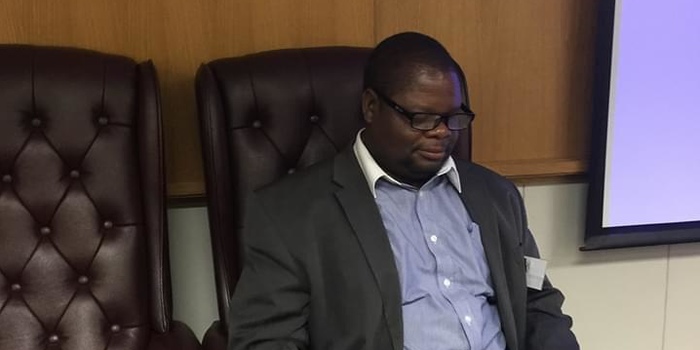
During the last week of August 2020, I decided to visit my home village in the Eastern part of Zambia.
Upon arrival in the village, I fell ill. I developed symptoms like coronavirus. I had short breath, irregular coughing, loss of weight, loss of balance when walking and fever-like experiences. There was no health centre to diagnose or treat me.
These experiences sent a barrage of thoughts to me. Is this COVID-19? How could I have contracted it, considering that I have done everything that is required to prevent the virus from attacking me?
My instinct informed me that it could have been my white cane that transferred the virus to me. Somehow, it made sense. I mean, I had been an ardent follower of face-masking, sanitising, washing hands and, as much as possible, observing social distancing guidelines. But my white cane does not get sanitised or washed. And I hold it from sunrise to sunset, as it guides me. I remembered that whenever I was sanitising or washing hands, I would put it under my arm or make it lean against some object. After sanitising or washing, I would take hold of it and continue with my trip. I would handle the white cane sometimes before washing hands or sanitising. Other people would also touch it.
These revelations made me feel that my white cane was responsible for my illness, and I began resenting it. But it was not possible to do away with it. The more ill I became, the more I needed it. It was acting like my supporter when I was losing balance, besides guiding me.
These feelings reminded me how I became a friend to the white cane.
How I got – and gave up – my first cane
After I lost sight at the age of 10, my father worked on a stick that he made to help me navigate the homestead. However, when I was taken to a school for the blind with the same stick, my friends laughed at me. These friends would walk and run around the school unaided by a sighted guide and without a white cane, so they considered walking sticks outdated and old fashioned. I joined them, and threw away my walking stick.
After grade seven, along with my friends who made it to secondary school, we were taken to a new secondary school (which was not traditionally a special education centre). The place was corrugated, hilly and stony. We all tried to learn the routes from our hostels to the classrooms, but we failed because along the way, we would fall into ditches, or stones would trip us. We had to rely on sighted friends to guide us. But these sighted friends would not always be there. And we needed the independence of walking to places on our own.
Trying again
These experiences made us realise the need for walking sticks. During the first holiday from school, I told my father to make another wooden stick for me to help me explore my secondary school. When schools opened, I had my walking stick. I would manage to go to classes on my own and I would visit many other places unaided by a sighted guide. My blind friends admired this, and they also made wooden sticks to use as walking sticks. Since my secondary school days, I became a friend of the walking stick.
I also recall how helpful my white cane was when I received a scholarship to go and study at the University of Leeds in 2014. While there was provision for a personal assistant from the Disability Support Unit, these assistants were only available some of the time; you could not have a personal assistant anytime you wanted one. I had to learn how to walk alone from my hall of residence to the school of law. The white cane proved that it was up to the task. Luckily, the infrastructure in England is made in such a way that it accommodates blind individuals. For instance, there is good signage on the roads and pavements. So, I became a champion of walking around the main centre of the university, and I would sometimes guide my blind friend who was not very good at using a white cane.
Was the cane the culprit?
Back to 2020: the questions that I raised against the white cane needed answers. Had it given me COVID-19? I needed to go to a hospital for diagnosis. I travelled back to Lusaka and on arrival rushed to the hospital. They tested me for COVID-19 and… they did not find it. It turned out something else, luckily not as serious as the virus, had caused me to be unwell. Oh, my white cane was exonerated! But since then, I have been very careful to make sure it stays clean and sanitised.
I have always relied on my white cane – despite the short time when COVID-19 made me have doubts about using it – and my life wouldn’t be the same without it.
Join our campaign
Our Equal World campaign fights for the rights of people with disabilities.
More on the campaignAuthor
 Thomas Mtonga
Thomas Mtonga
Thomas is a lecturer in the Special Education unit at the University of Zambia, and has worked with Sightsavers in Zambia as a disability advocate. Read more from Thomas on the situation for people with disabilities during the COVID-19 pandemic.
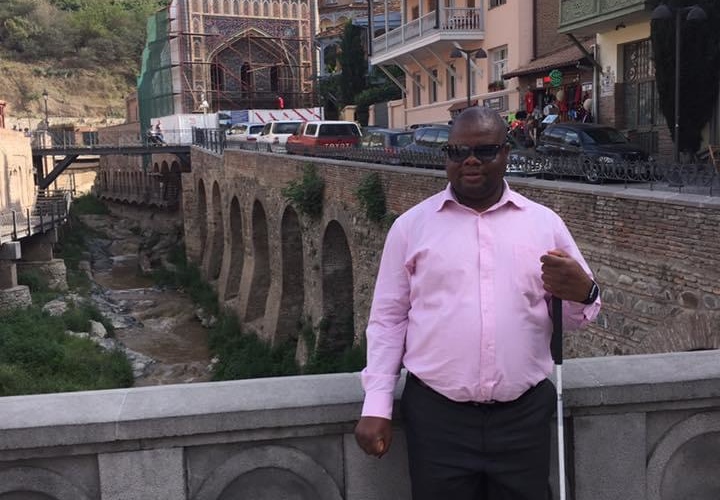
Read about Sightsavers’ commitment to inclusion
Social Inclusion Working Group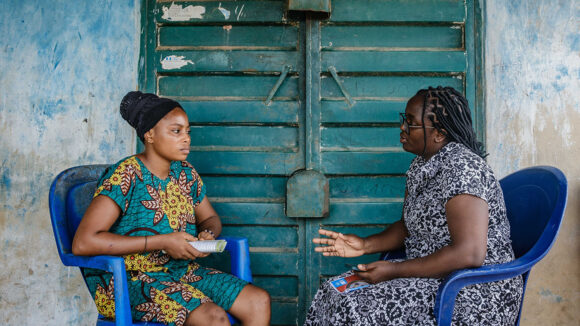
Why community collaboration is important in our research
Our research on female genital schistosomiasis has highlighted the need to establish a safe and supportive environment for participants when studying sensitive topics.
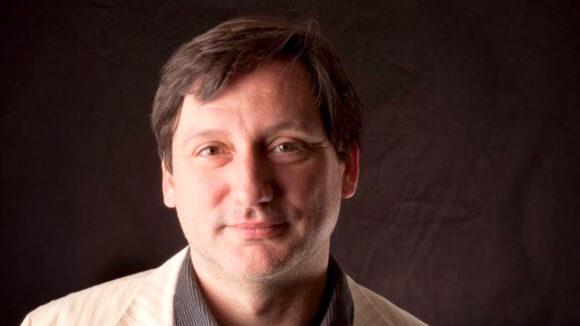
The key to inclusive education is engaging organisations of people with disabilities
Collaborating with organisations of people with disabilities (OPDs) on our inclusive education projects has earned the Sightsavers-led Inclusive Futures consortium a Zero Project Award in 2024.
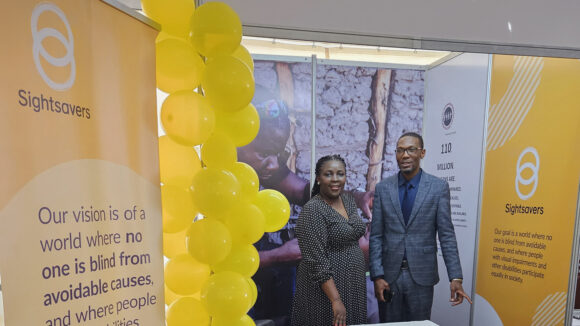
Six takeaways from the International Conference for Public Health in Africa
Sightsavers’ Hortance Manjo shares insights from the event in Zambia, which highlighted eye health for the first time.